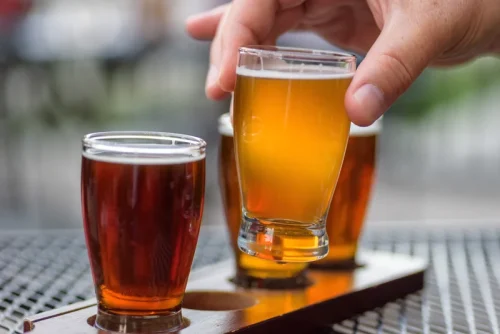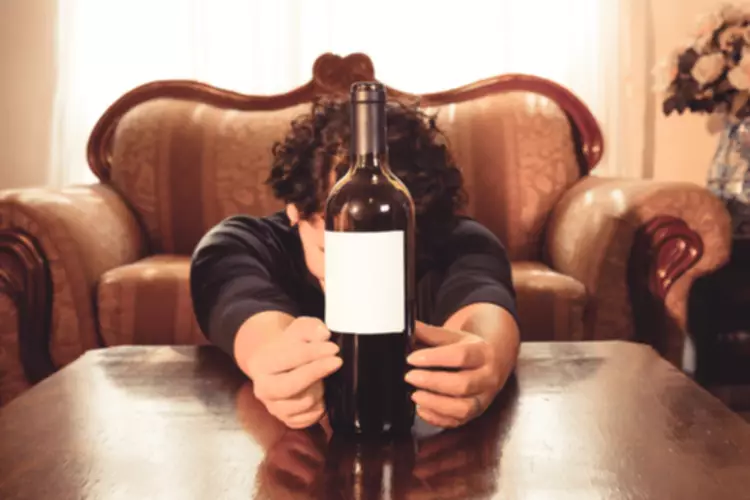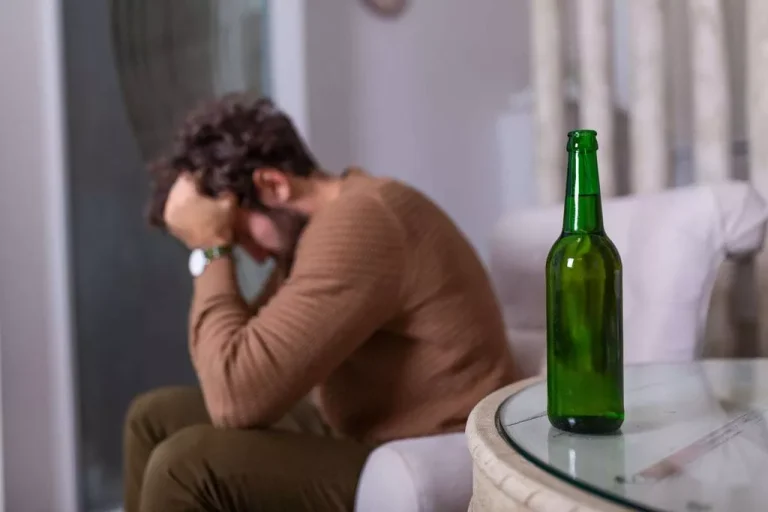
Internal triggers refer to emotional or psychological states that evoke thoughts or cravings related to substance use. They originate from within and are often linked to personal feelings or memories. The are many triggers in each category that were not mentioned, but once you have identified your triggers, use some tools like the thought records or talk to someone. If you are in a self-help program, ask for help in a meeting or with a confidant. You can overcome the power of these triggers with help and prevent a relapse of substance abuse.
Benefits of Creating a Relapse Prevention Plan
Deciding to get treatment for substance use disorder can be a life-changing decision. Take positive steps to manage your stress and anxiety, such as mindfulness, exercise, and speaking to a therapist or support group. For example, a news report covering a trauma similar to what you experienced might trigger symptoms of PTSD.
- The National Institute on Drug Abuse (NIDA) reports that 40 to 60 percent of people treated for substance use disorders relapse.
- A healthy routine includes a strong support system, a sober living environment, and healthy activities.
- They often arise when a person feels a need for acceptance, security, or control.
Social Pressure

Researchers highlighted the importance of avoiding the people, places and things that remind patients of their former lifestyle. Not all memories are painful — memories of using a substance and the resulting feelings https://ecosoberhouse.com/ can be quite pleasant. Identifying your triggers so you can know to avoid them is just as important as learning to manage them. BetterHelp can connect you to an addiction and mental health counselor.

Alcohol Use Disorder

A study from Marquette University pointed out that stress rendered people in recovery more vulnerable to other relapse triggers. Researchers followed the cocaine use patterns of stressed and unstressed rats and used a low dose of cocaine as a trigger. The stressed rats’ responses to the trigger mirrored those of people during relapse. While holidays are a internal vs external triggers time of celebration for some, they may be a struggle for people in recovery. Family and friends often tempt those in recovery to consume alcohol because they are under the misconception that one deviation from the treatment plan will not be detrimental. Friends and family may not understand the consequences of negative behaviors toward people in recovery.
Stimulant Use Disorder

An addiction trigger refers to any event that causes a person in recovery to want to use. Engaging in activities that bring you joy is an excellent way to cope with triggers when they arise. Mental health conditions may be a significant internal trigger, especially if you have an undiagnosed mental health disorder.
- We must be aware of these potential triggers to maintain our recovery journey and stay on the path of sobriety.
- In many cases, users cave to drug use during a window of opportunity and falsely believe it will cause no harm.
- Using drugs or alcohol over a long period builds associations between your daily routine and your experiences.
- Experiencing triggers can affect your emotional state and may increase the desire to use substances again.
Individuals who stay in addiction treatment for a longer period of time (90 days or more) are more likely to maintain their sobriety in the long run. Here are the top 10 common relapse triggers you might encounter during your recovery journey. Understanding these triggers can help you stay motivated and on track with your recovery goals, ultimately leading to a healthier, happier life. “An example might be a person with a substance use disorder who finds walking by a bar or smelling alcohol prompts cravings and thoughts of drinking,” he explains. Learning to cope with external triggers involves developing strategies to avoid or deal with these triggering situations. This might involve steering clear of specific locations or individuals that could trigger a relapse.
Effectively dealing with both internal and external triggers plays a significant role in maintaining your recovery goals. Dealing with mental relapse and understanding emotional relapse involves a constant internal battle between abstinence and temptation. Physical relapse, on the other hand, includes experiencing withdrawal symptoms from the absence of drugs and alcohol.
These are the people who will be there for you, holding you accountable and providing much-needed encouragement when facing moments of vulnerability. There may be people in your life who consistently pressure you to drink or use drugs. Assertively communicate your need for sobriety and establish clear limits. It will help you maintain a safe environment that supports your recovery journey.
However, the effort invested in understanding and managing these triggers can be a transformative part of an individual’s recovery journey. Effective management of internal triggers often involves learning new emotional regulations and coping strategies. These may include mindfulness practices, cognitive-behavioral techniques, and self-care routines.

0 Comments